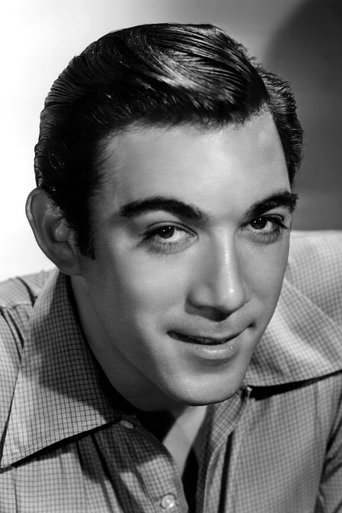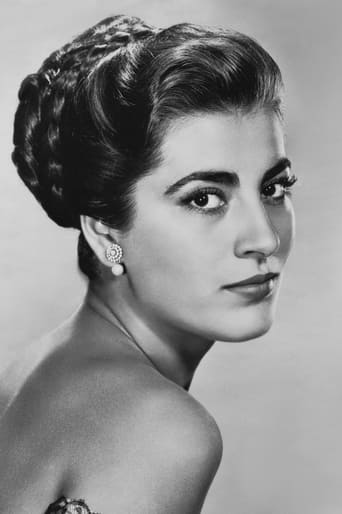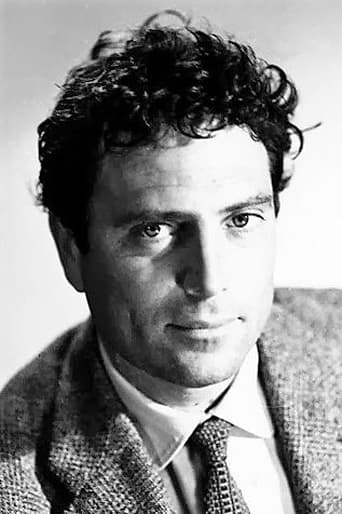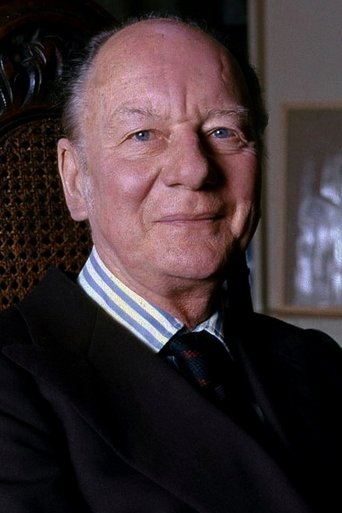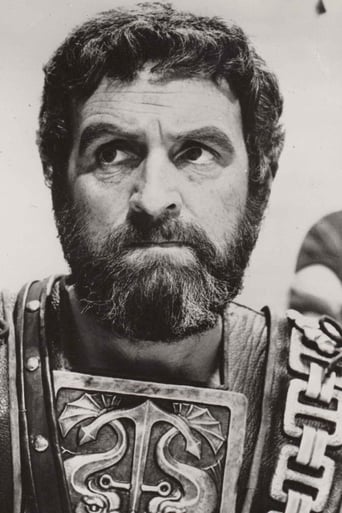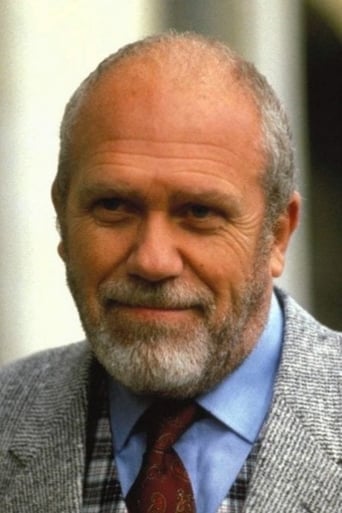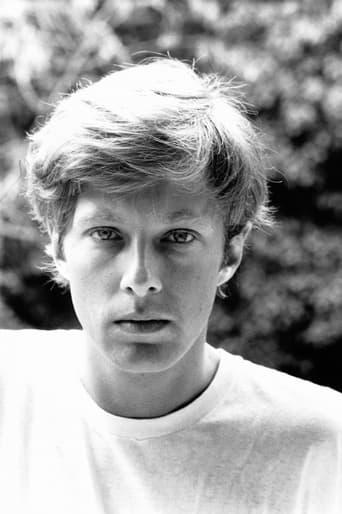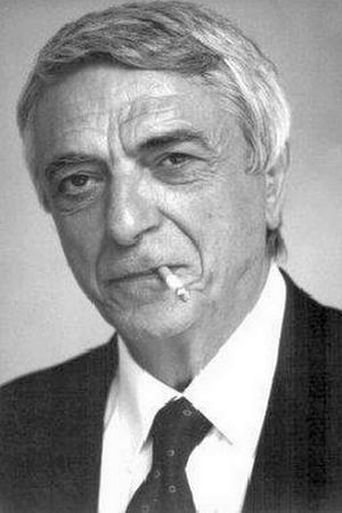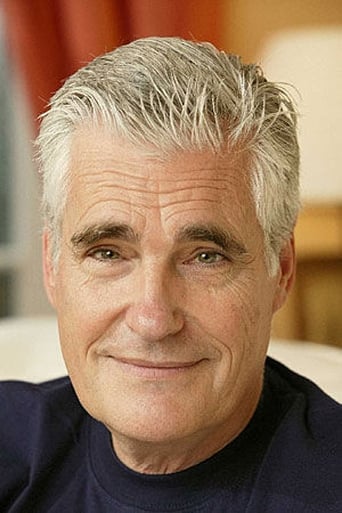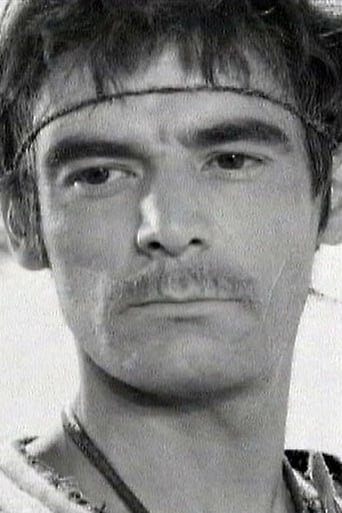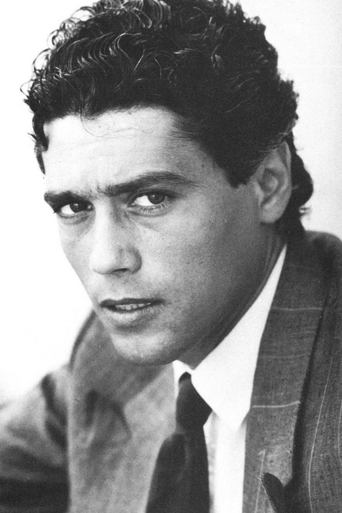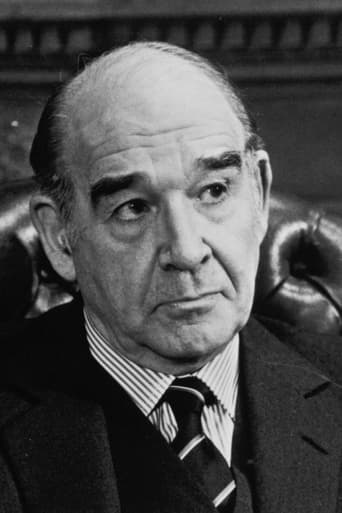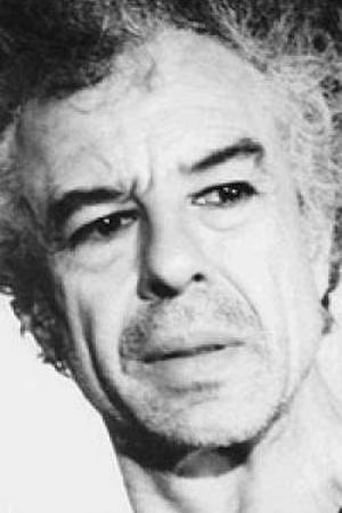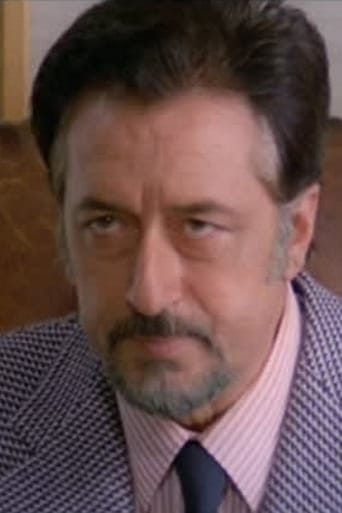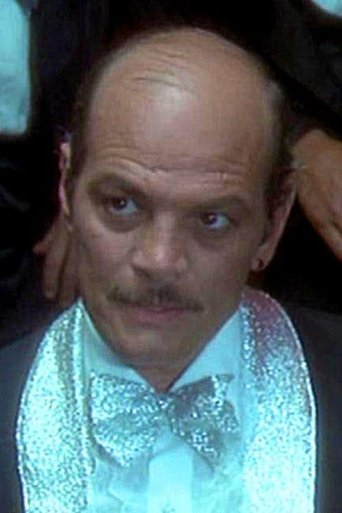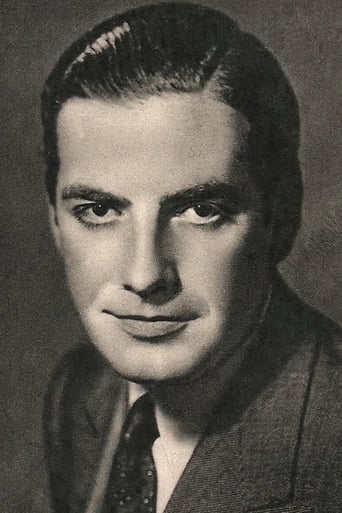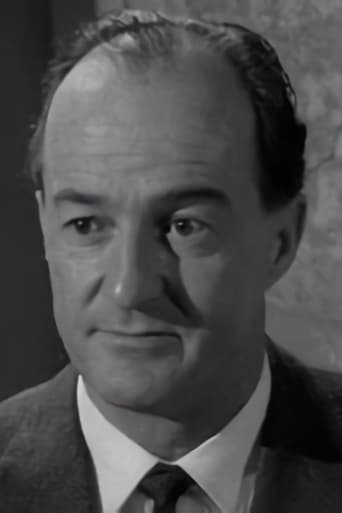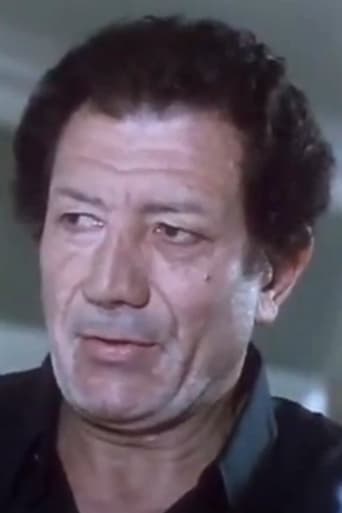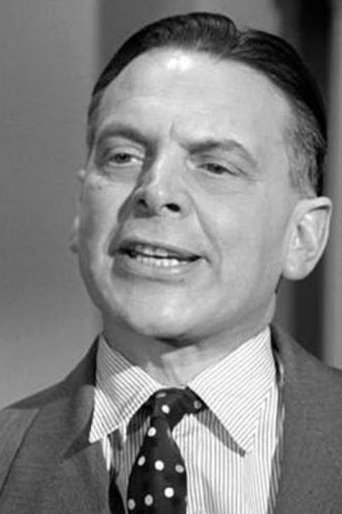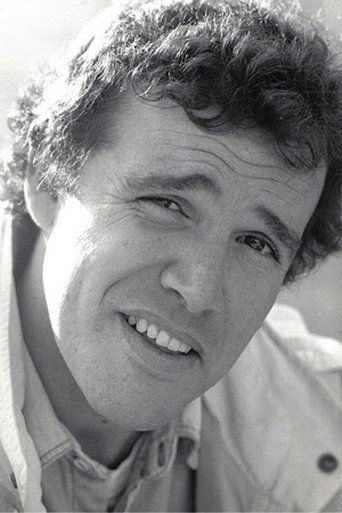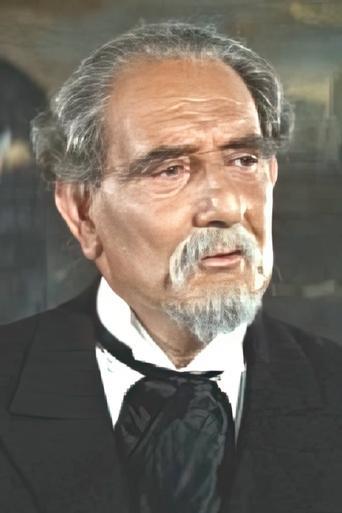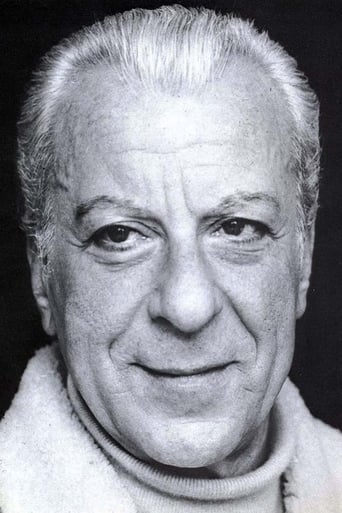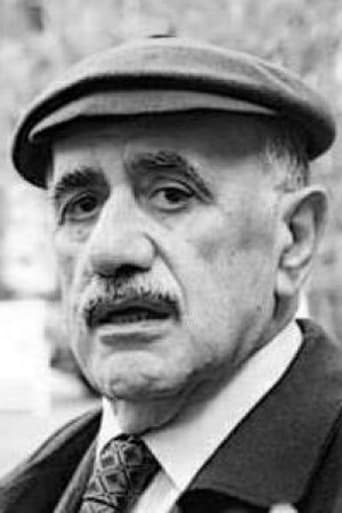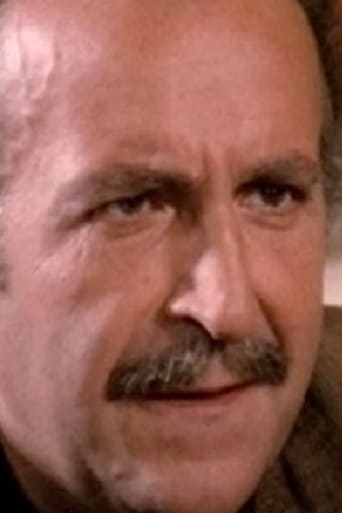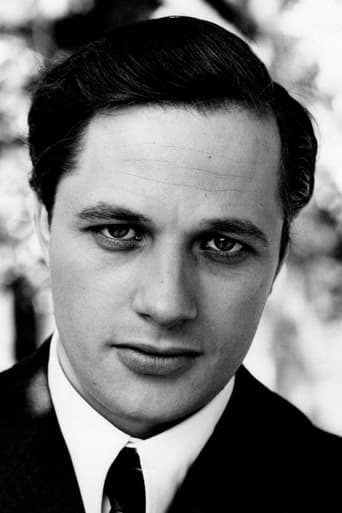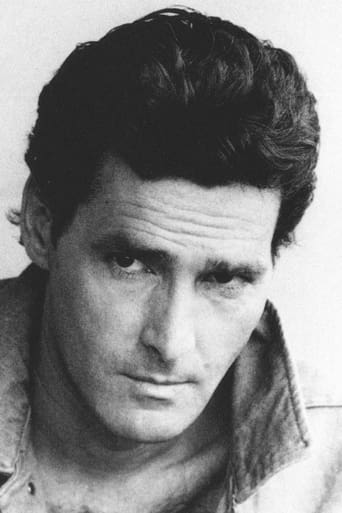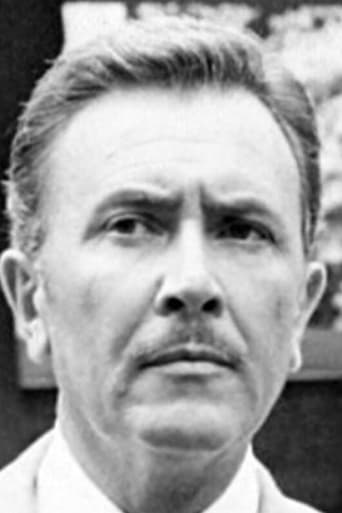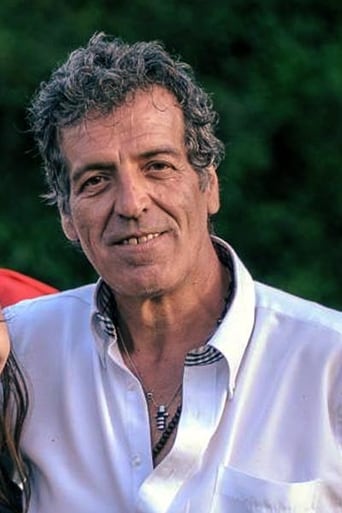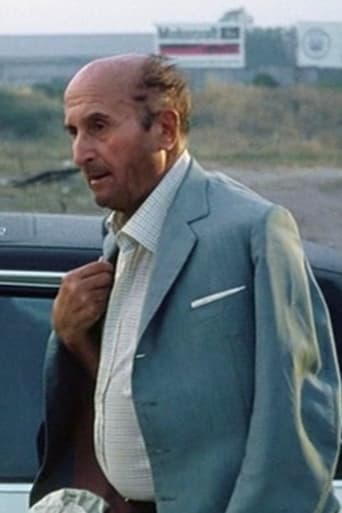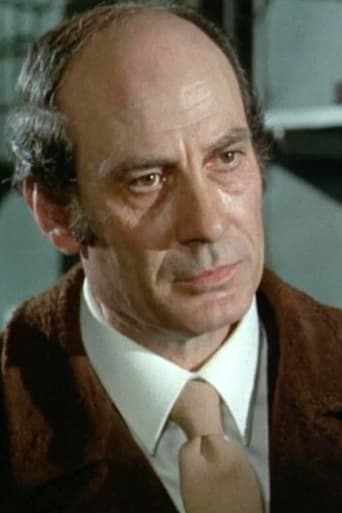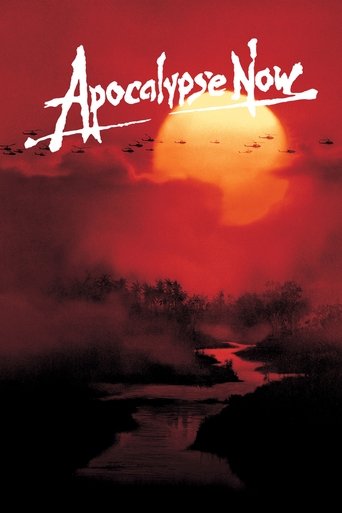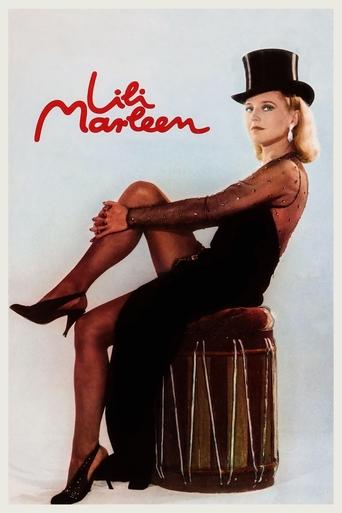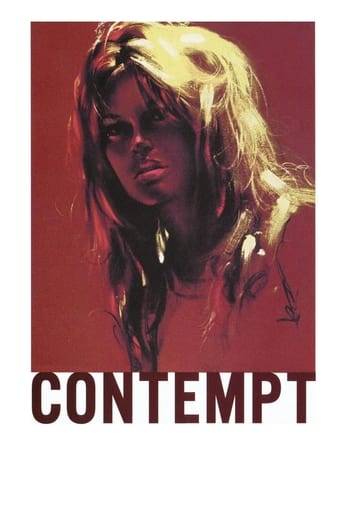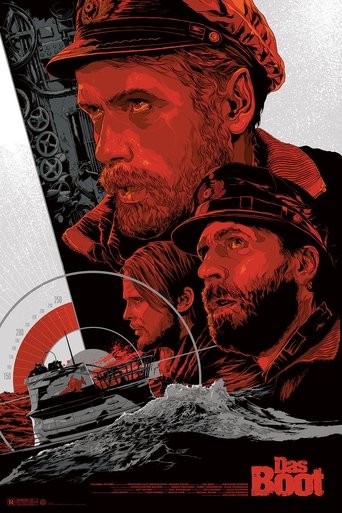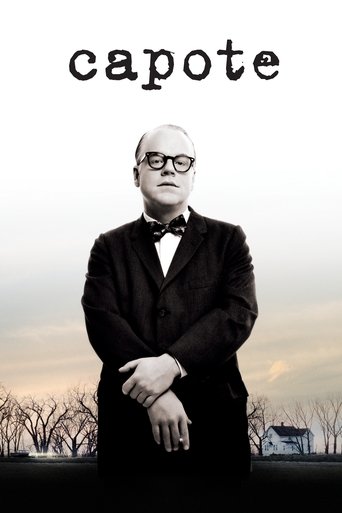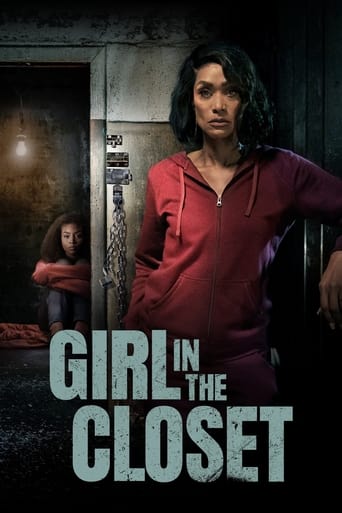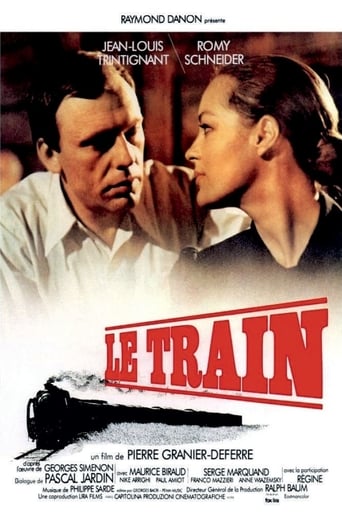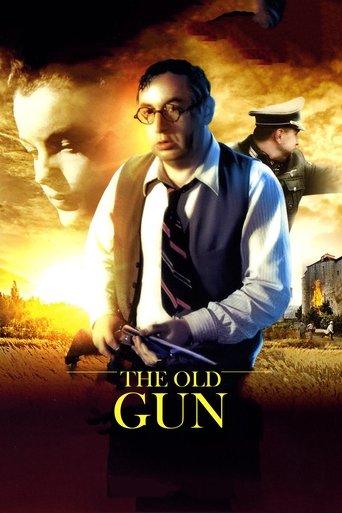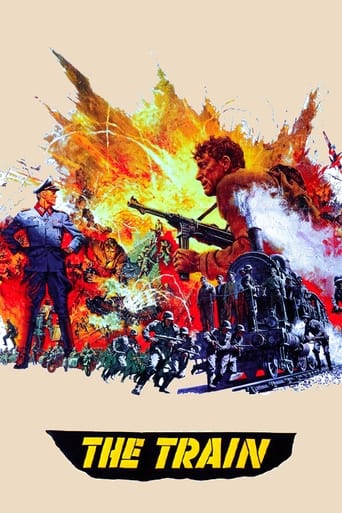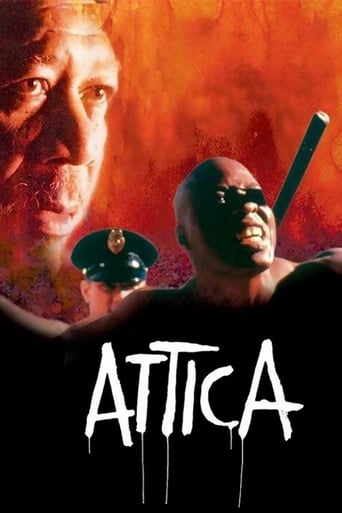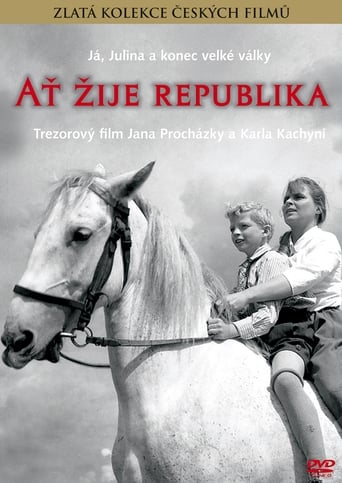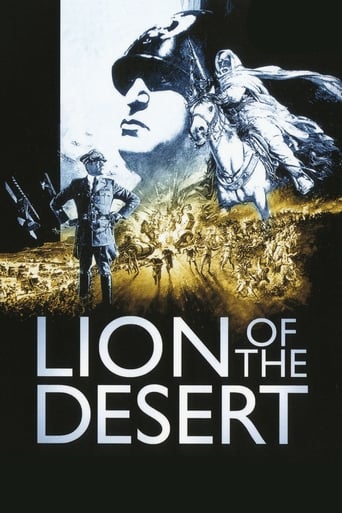
Lion of the Desert (1981)
This movie tells the story of Omar Mukhtar, an Arab Muslim rebel who fought against the Italian conquest of Libya in WWII. It gives western viewers a glimpse into this little-known region and chapter of history, and exposes the savage means by which the conquering army attempted to subdue the natives.
- Moustapha Akkad
- Giorgio Venturoli
- Miguel Gil
- David Butler
- H.A.L. Craig
Rating: 7.3/10 by 171 users
Alternative Title:
El león del desierto - ES
Omar Mukhtar: Lion of the Desert - NL
عمر المختار - SA
Afrikas Lejon - SE
Ørkenkrigens helte - DK
Der Löwe von Libyen - DE
Country:
Libyan Arab Jamahiriya
United States of America
Language:
العربية
English
Italiano
Runtime: 02 hour 53 minutes
Budget: $35,000,000
Revenue: $1,502,136
Plot Keyword: guerrilla warfare, libya, italy, resistance, world war ii, based on true story, benito mussolini
***“Braveheart” in the Libyan desert with Quinn, Reed and Steiger*** After twenty years of failing to remove Bedouin rebels during the Italian colonization (aka invasion) of Libya, Mussolini (Rod Steiger) sends formidable General Graziani (Oliver Reed) in 1931 to take care of the problem. Anthony Quinn plays the titular protagonist and leader of the freedom-fighting Libyans. Did you ever wonder why “Lion of the Desert” (1980) is so obscure? It cost $35 million, has three big name stars, was shot on location and is epic in scope, but it only grossed $1 million worldwide and sits alongside other big money losers of the time period, like “Heaven's Gate” (1980) and “Inchon” (1981). Was it because it was supported by Gaddafi? Was it because it portrayed the Italians in a bad light and freedom-fighting Libyans as the protagonists? Or maybe it simply lacked the pizzazz to draw audiences. For me, it’s the last one. Don’t get me wrong, there’s a lot of good in this historical film and the movie perks up whenever Steiger and Reed are on the screen; Quinn too, but less so. And you can’t beat the authentic locations and action/adventure; the cliff-gorge battle, for instance, is a treat. Yet there’s something meh about the overall proceedings. It lacks the artistic style of “Lawrence of Arabia” (1962). It doesn’t help that the first act is relatively tedious and the action doesn’t kick-in until the 40 minute mark. Since the movie lights up whenever Reed and Quinn are on the screen (Steiger’s Mussolini being a minor character), the script should’ve focused more on their characters. When these two opponents finally confront each other at the end it’s gripping drama. But the rest of the movie isn’t so compelling, disregarding the positives noted. Furthermore, the propagandizing Libyan bias is laughable. Still, if you like flicks like “Lawrence of Arabia” and “Braveheart” (1995), it’s worth checking out. The movie runs 2 hours, 54 minutes and was shot in Libya and Italy. GRADE: C+
This is a curious hybrid of a film - it brings together some elements of "Gandhi" (1982) , "Khartoum" (1966) and even "Spartacus" (1960) to illustrate a theatre of war for Fascist colonialism of which I was largely unfamiliar. Rod Steiger (Mussolini) has decided that Italy must get in on the act of colonial powers in North Africa - and deploys General Graziani (Oliver Reed) to cement their invasion of modern day Libya. His job is continually thwarted, however, by the tenacious and shrewd Omar Mukhtar (Anthony Quinn), who leads an effective resistance - and has done for some twenty years. Despite facing overwhelming technical superiority, Mukhtar continues to defy his would-be overlord and the film depicts many a scenario as his people refuse to capitulate. Oliver Reed only really had one style of acing, and it wasn't the best - but he is somewhat more in his element as this calculating, at times brutal, soldier. The action scenes are well made; the battle scenes realistic and there is plenty of grand cinematography (some from Libya, itself) to help his character's megalomania develop nicely. Quinn features sparingly, his sheer presence does most of his acting, for he has few lines, and there are also a few almost compassionate scenes from Raf Vallone (Col. Diodiece) as history takes an inevitable course. The dialogue is what lets this down, it's rather stiltedly written and barely audible at times, but at almost three hours is marries elements of adventure and history quite efficiently. Worth a watch...

